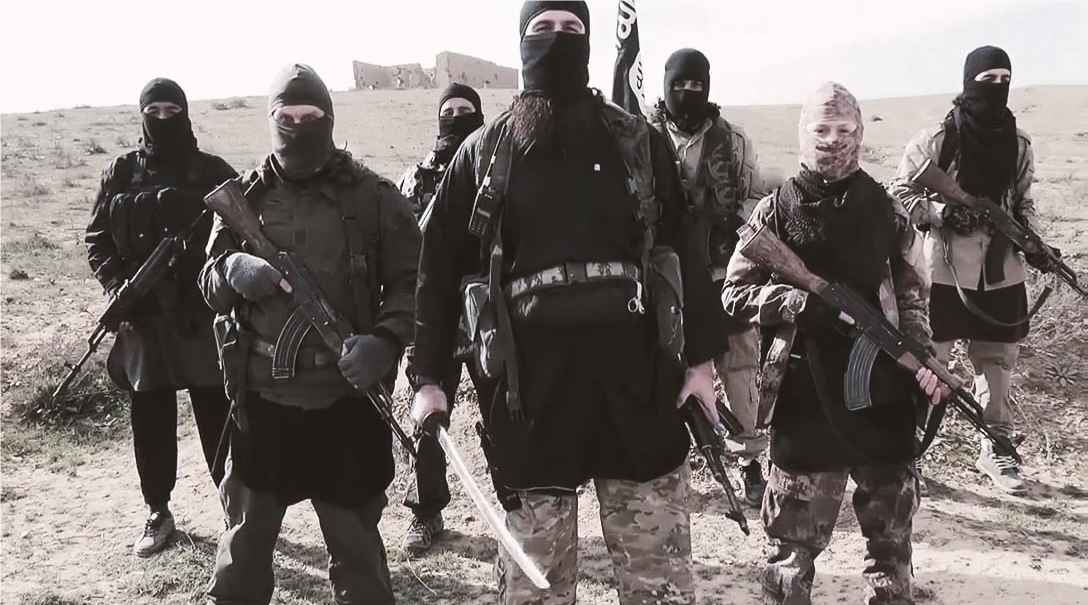137 Shades of Terrorism. French Jihadists Before the Courts

This study, based on original judicial sources, assesses the profiles of 137 individuals sentenced in France for cases related to jihadism.

Among other things, the study reveals several common denominators including a lower level of education, poorer integration into the labor market, higher levels of criminal activity, and stronger ties to the Maghreb and to sub-Saharan Africa than the average French citizen. Moreover, a qualitative analysis provides an understanding of the processes of radicalization and subsequent participation in terrorist activities. As such, it expounds the role played by group dynamics, the internet, and prisons. This study further illustrates the strains imposed on the judicial and penal systems by the jihadist phenomenon. Relapse is specifically explored, notably through the cases of individuals convicted of terrorism, who, after serving their sentence, launched attacks on French soil. The subject is all the more topical in light of the likely release from prison of some sixty individuals, sentenced for acts of terrorism, in the upcoming two years.
Exclusive preview of the study (click here to access the whole presentation)
Download the full analysis
This page contains only a summary of our work. If you would like to have access to all the information from our research on the subject, you can download the full version in PDF format.
137 Shades of Terrorism. French Jihadists Before the Courts
Related centers and programs
Discover our other research centers and programsFind out more
Discover all our analysesThe Franco-German Brigade and the Revival of European Defense
One thing has been clear since Donald Trump's return to the White House: the very existence of the European unification project is threatened. Unless it develops a sovereign defense policy to counter the war in Ukraine and the weakening of American security guarantees, the European Union will continue to see its internal cohesion and external attractiveness wane.
Taking the Pulse: Can Europeans Build Their Independent Extended Nuclear Deterrent?
Confronted with a U.S. disengagement and the Russian threat, Europeans are reconsidering their stance on nuclear deterrence. Given the capabilities of the French and British arsenals, can Europe develop an independent nuclear deterrent?

RAMSES 2024. A World to Be Remade
For its 42nd edition, RAMSES 2024 identifies three major challenges for 2024.
A Transatlantic Defense Industrial Base? Two Contrasting Views
The evolving landscape of global defense cooperation has brought the transatlantic relationship between the United States (US) and Europe into sharp focus. As geopolitical tensions rise and the threat environment becomes more complex, the question of how Europe can best ensure its security while navigating its relationship with the United States has become paramount. This double feature report offers two contrasting views on the dynamics of US-Europe defense industrial relations, highlighting the challenges and opportunities that lie ahead for both parties.










